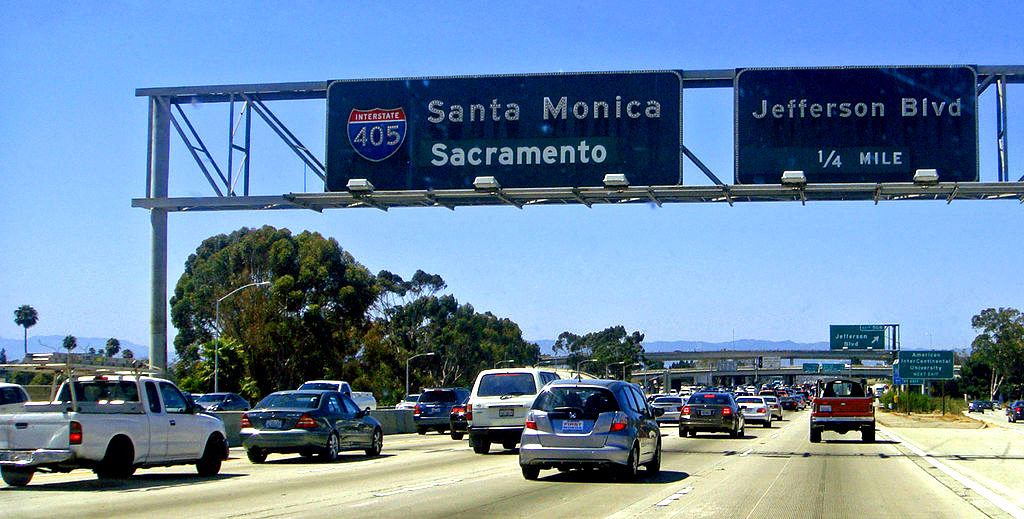The number of states that oppose President Trump's efforts to freeze emissions and fuel economy standards is growing.
In June last year, 16 states and Washington, DC, sued the federal government over the proposal before it was even released.
On Tuesday, governors of 23 states plus Puerto Rico released a joint statement urging the Trump administration to reconsider its proposal to freeze the standards through 2026.
“Strong vehicle standards protect our communities from unnecessary air pollution and fuel costs, and they address the largest source of carbon pollution in the United States,” they said in the letter.
The proposal announced last August by the EPA and NHTSA, called the Safe, Affordable, Fuel-Efficient Vehicles Rule, is a signature part of President Trump's efforts to reverse Obama administration programs to combat climate change.

EPA Acting Administrator Andrew Wheeler
Current emissions regulations require cars and trucks to meet steadily rising fuel-economy standards through 2025. The proposed SAFER rule would freeze those increases at 2020 levels through 2025. After a public comment period on the new proposal ended last October, EPA Administrator Andrew Wheeler told Reuters on Monday that he expects to release a modified final rule later this summer.
Originally, California was joined in the lawsuit by Connecticut, Delaware, Illinois, Iowa, Maine, Maryland, Massachusetts, Minnesota, New Jersey, New York, Oregon, Pennsylvania, Rhode Island, Vermont, Virginia, and Washington state, as well as DC. Most, though not all of those states follow California's clean air standards, which are tighter than the EPA's. Under a 1970 extension of the Clean Air Act, California is the only state allowed to set tighter standards than the federal government, because its clean air standards predate the EPA. Other states can choose to follow either federal or California standards (including an electric-vehicle mandate), but cannot set their own.

Traffic at the I-10 & I-405 interchange in Los Angeles, California (by Mario Roberto Duran Ortiz)
The latest letter adds support from both Democratic and Republican governors of some key electoral swing states, such as Colorado, Nevada, North Carolina, and Wisconsin, plus New Mexico and Montana. Together the governors, who are all part of the U.S. Climate Alliance, represent 52 percent of the U.S. population and 57 percent of the economy.
Automakers, who originally asked President Trump to revisit current Obama-era standards, have also implored the Trump administration not to freeze the standards. They've asked the administration to find a compromise with California to produce a single set of national standards that incorporate annual increases, though smaller ones than those passed under the Obama administration. On Tuesday, the Auto Alliance, a lobbying group representing most major automakers, issued a statement urging states and the federal government to "find a middle ground that raises standards year over year while aligning with market demand.”
Instead, it looks likely that the question will face a protracted court battle resulting in years of uncertainty over emissions and fuel economy standards—as well as, perhaps, long-term requirements for electric cars.












